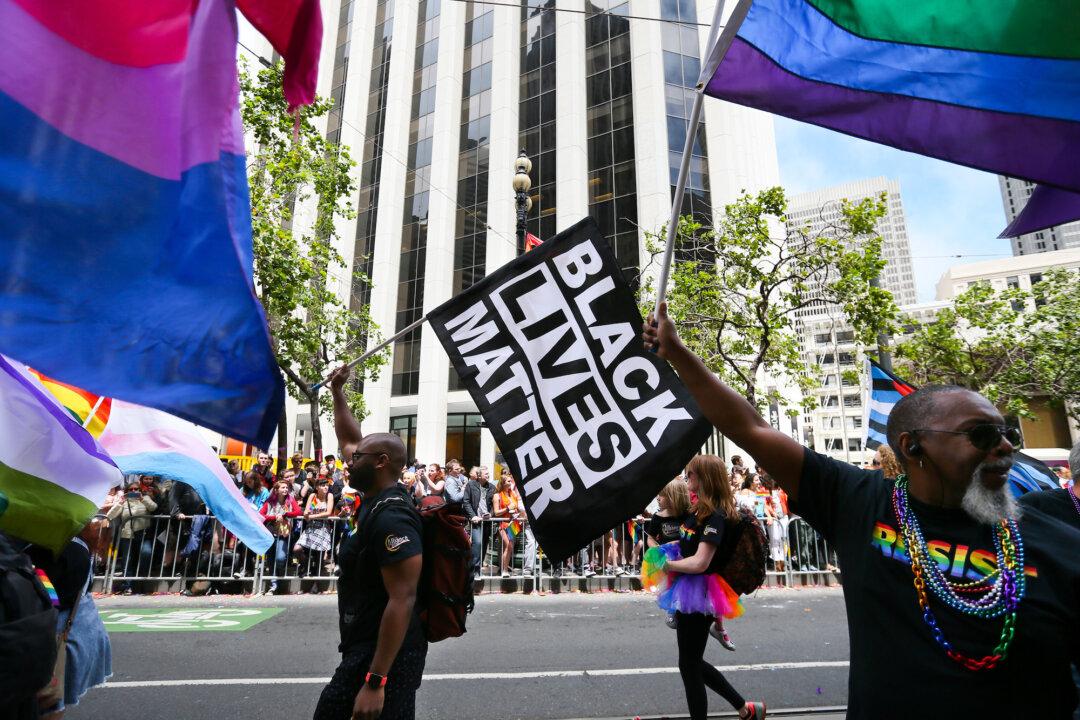Ongoing racial tensions and economic instability will leave Western democracies too weak to defend themselves against mass disinformation and cyber attacks from autocratic regimes, warns retired U.S. Army Major General John Davis.
The former major general named China, Russia, Iran, and North Korea as some of the key aggressors waging information and cyber warfare on Western governments and institutions.





